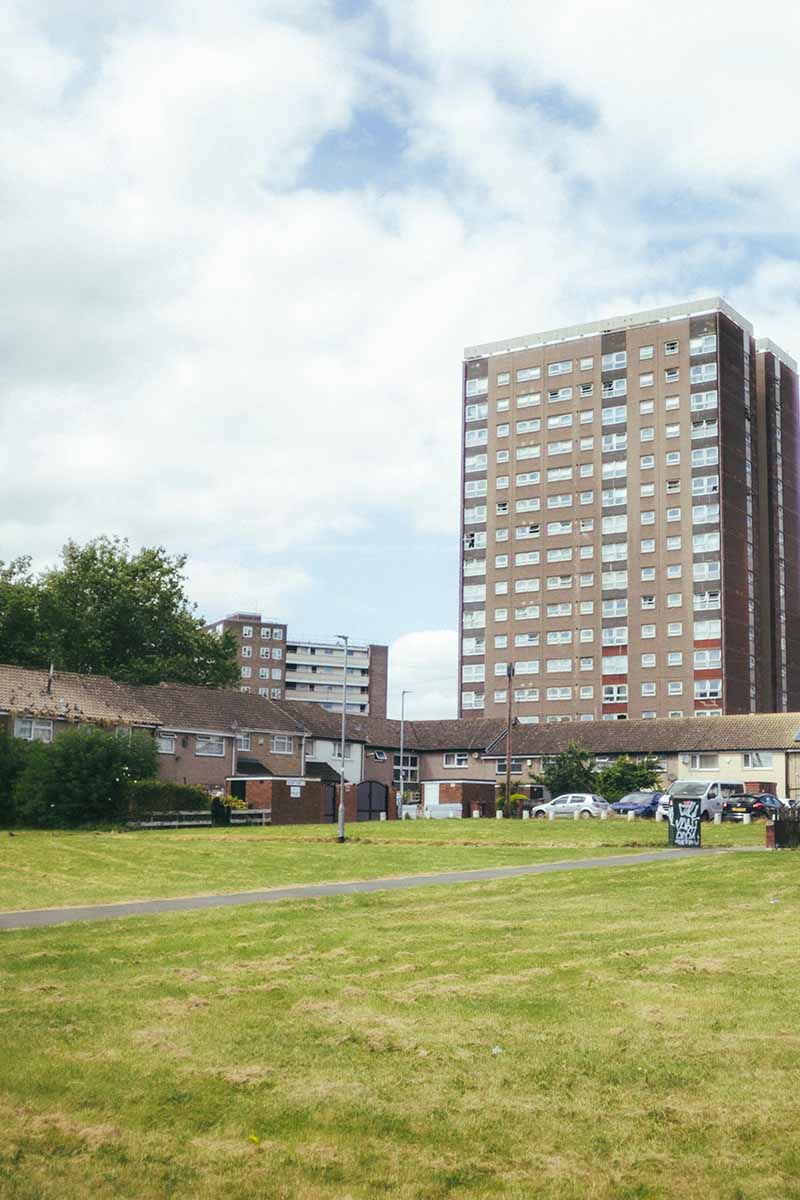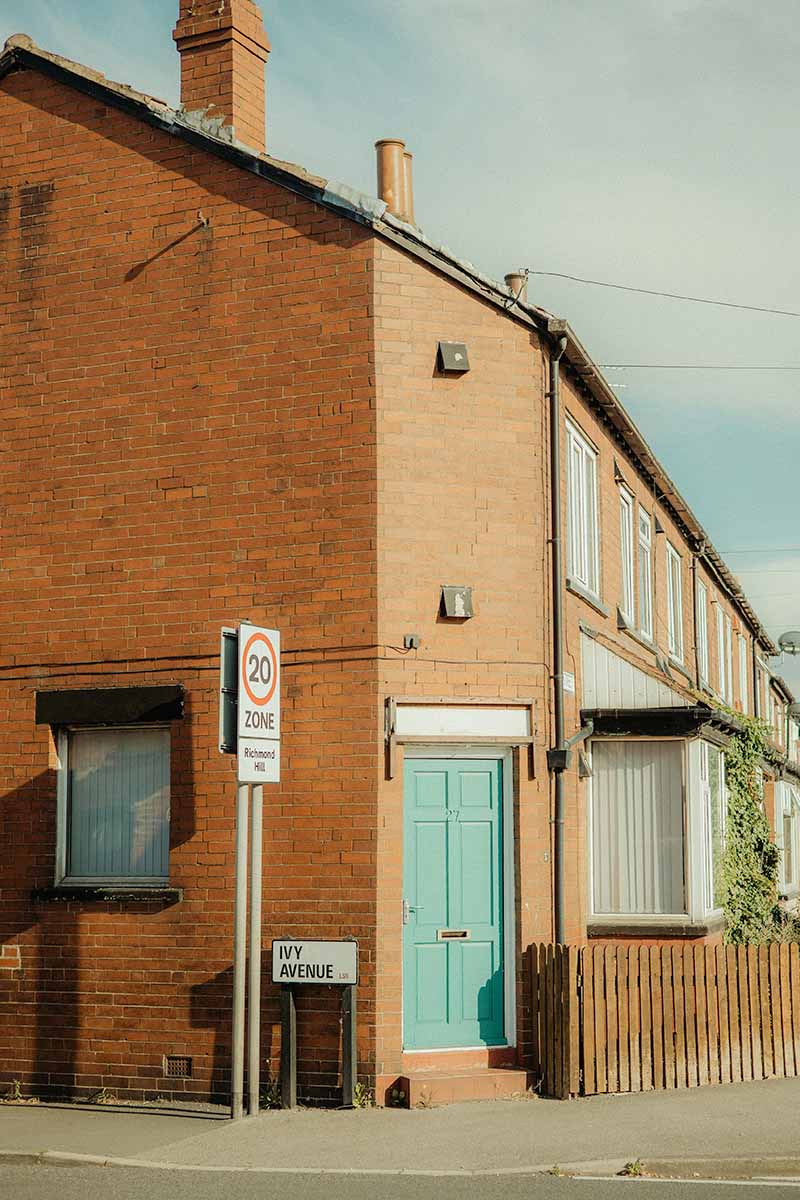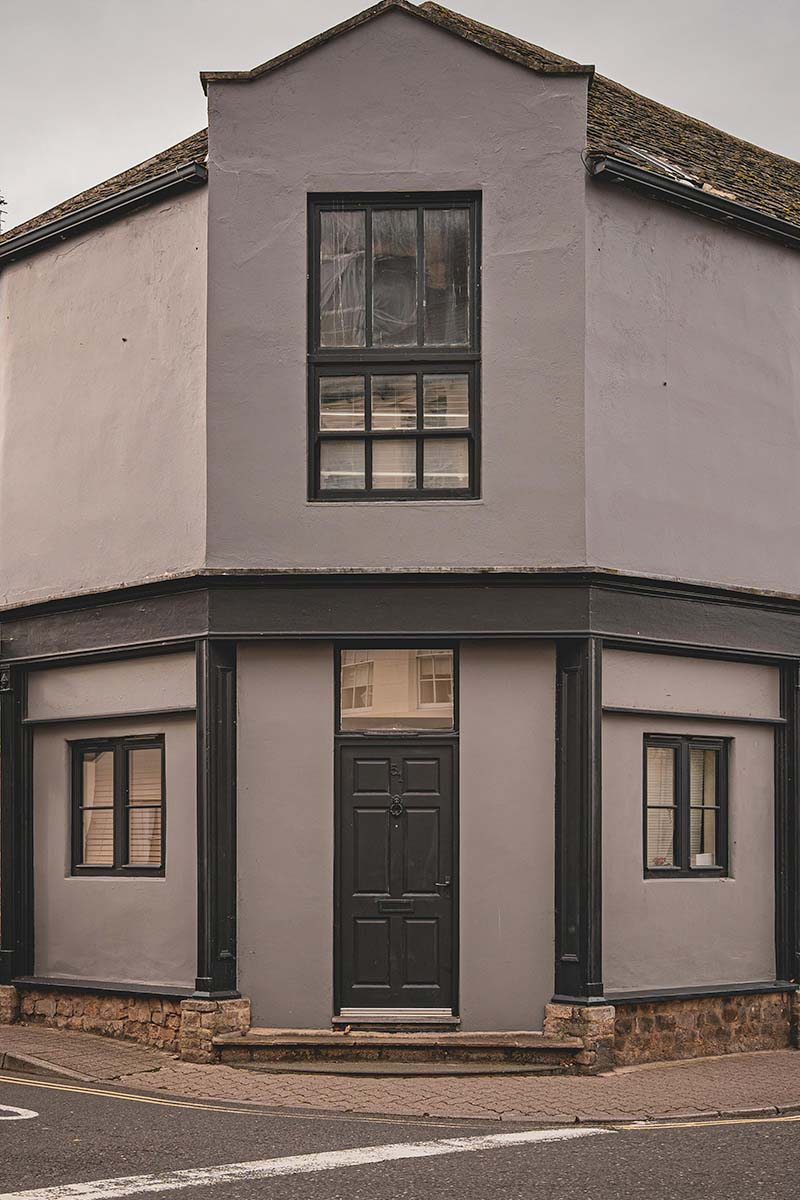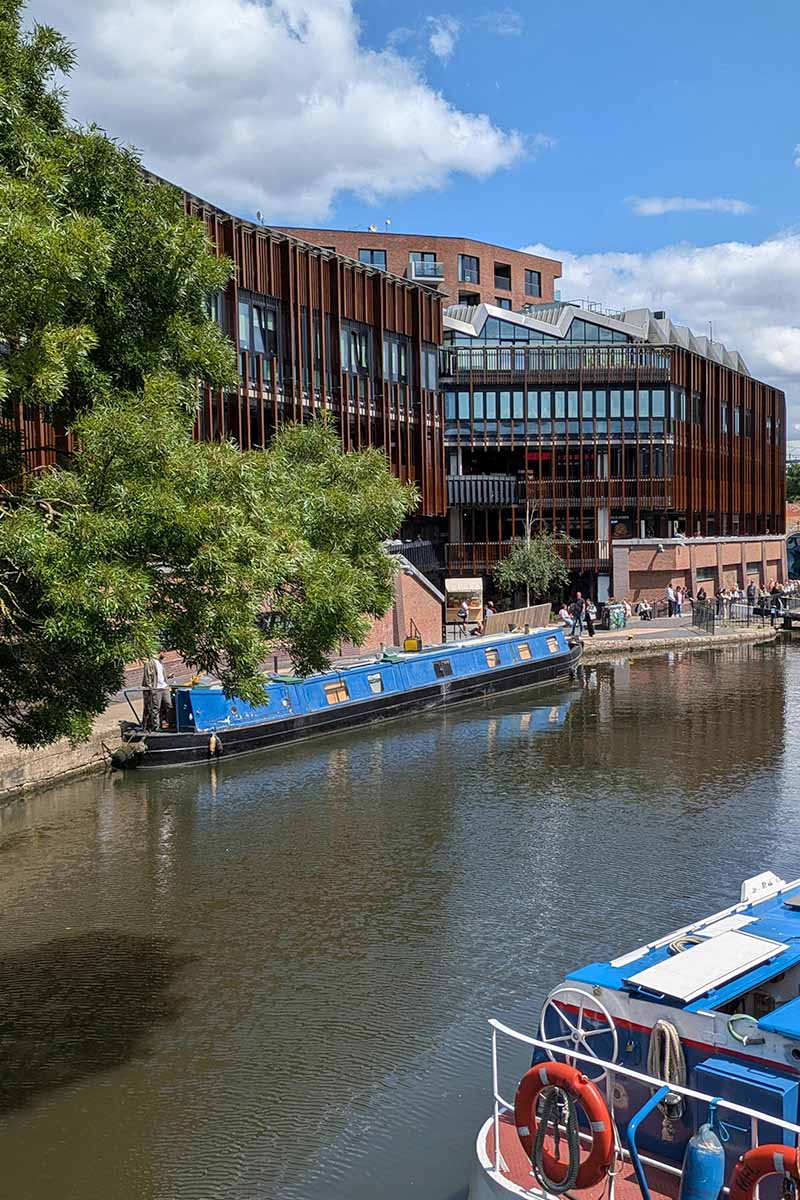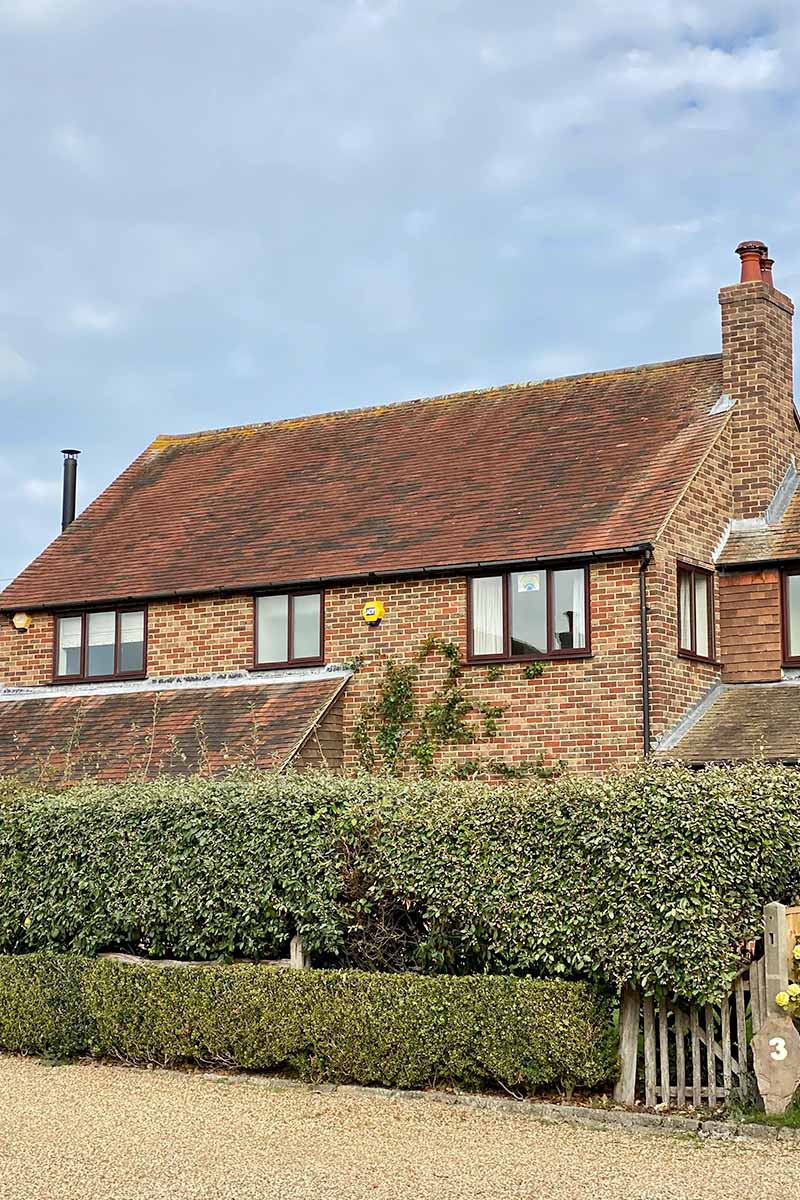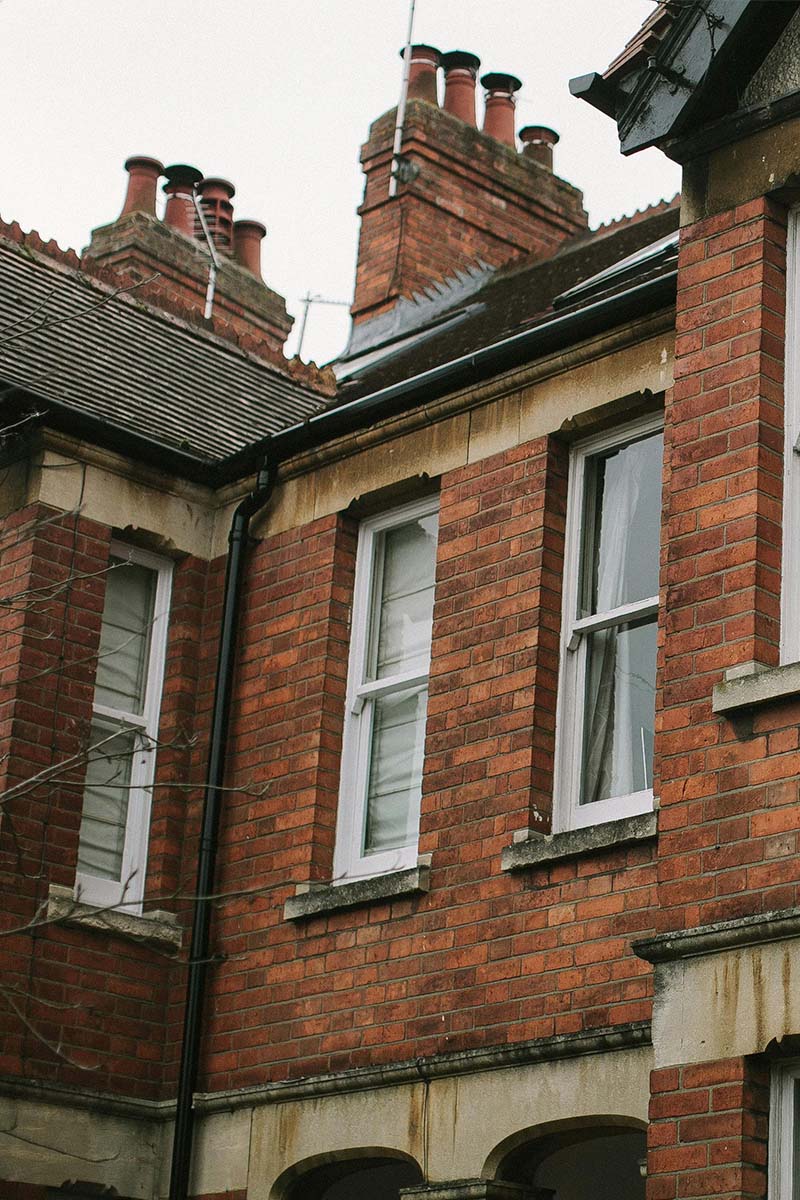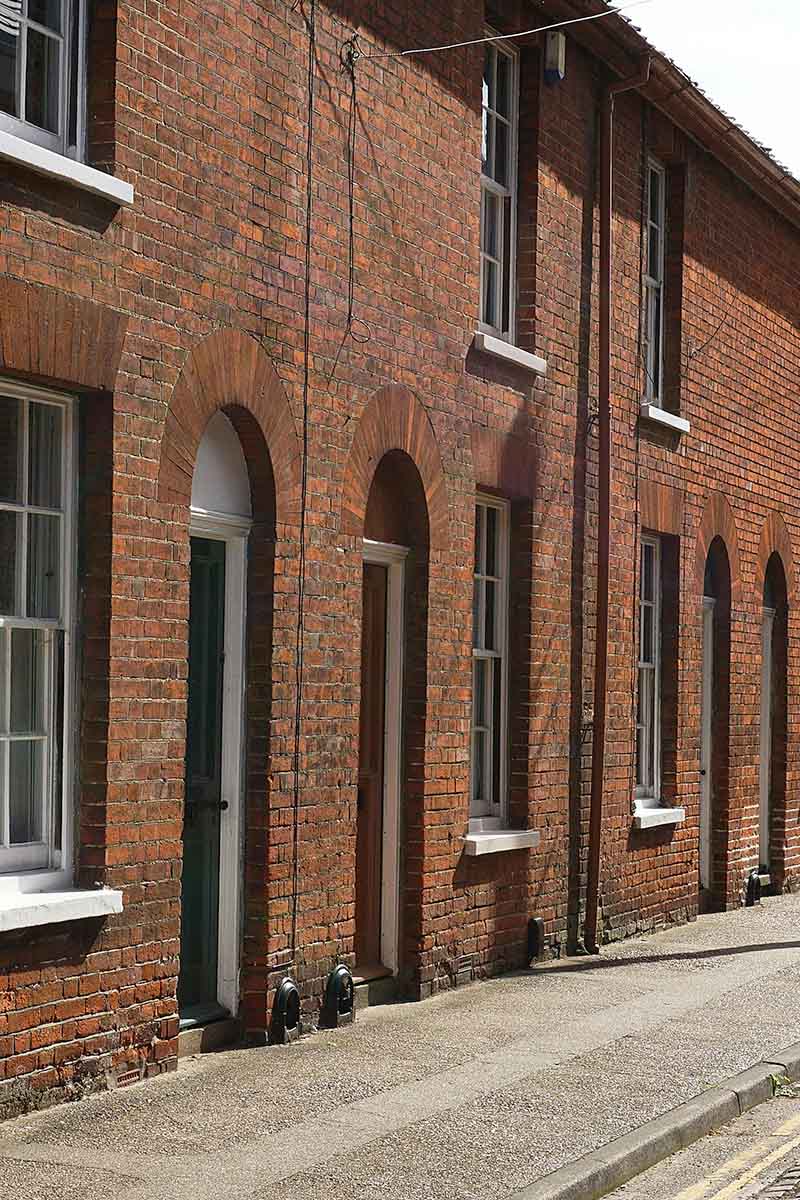What happens to your Help to Buy loan when you sell?
If you used a Help to Buy Equity Loan to purchase your home, you can’t sell without dealing with the loan. The scheme made homeownership possible for thousands of buyers by reducing deposit requirements, but it also ties you into repaying the government’s share when you move on. Repayment works differently from a normal loan: it’s based on your property’s current market value, not the cash you originally borrowed. That makes selling with Help to Buy both a financial and administrative process that needs careful planning.
Selling with a Help to Buy Equity Loan? Here’s the position in brief:
- You must repay the equity loan when you sell, based on a percentage of the property’s current value or sale price (whichever is higher).
- You need a RICS-registered valuation (valid for 3 months). Estate agent estimates aren’t accepted.
- A solicitor must liaise with the scheme administrator (Lenvi, formerly Target) to release the charge before you can complete.
- Interest and fees (if in year 6 or later) must also be cleared.
- London loans could be up to 40% of the original purchase price; elsewhere, 20%.
- Flats and leaseholds follow the same rules, but usually need freeholder packs, adding cost and time.
- If prices rise, you’ll repay more than you borrowed; if they fall, you repay less.

Understanding the Help to Buy loan
Help to Buy Equity Loans ran from 2013 to 2023 and offered:
- 20% loan outside London (on new builds).
- 40% loan in London (reflecting higher prices).
- Interest-free for the first 5 years, then interest charges applied.
Unlike a standard loan, it’s secured as a percentage of your property’s value. That means the government effectively owns a stake in your home until you repay.
- Bought at £200,000 with 20% Help to Buy = £40,000 loan.
- Sell at £250,000 = repay £50,000.
- Sell at £180,000 = repay £36,000.
The scheme helped buyers purchase sooner, but repayment at sale is often a shock if the market has risen strongly.
Step-by-step: the selling process
Selling with Help to Buy has extra layers:
Tip: Always book the RICS valuation early — without it, your solicitor can’t request repayment approval and the chain will stall.
Equity in practice: worked examples
Because the loan is percentage-based, repayments vary. Here’s how different markets affect you:
Example 1: rising value (outside London)
- Purchase: £200,000
- Help to Buy: £40,000 (20%)
- Sale: £300,000
- Repayment: £60,000
You repay £20,000 more than you borrowed — but you’ve also gained equity overall.
Example 2: falling value (outside London)
- Purchase: £200,000
- Loan: £40,000 (20%)
- Sale: £180,000
- Repayment: £36,000
You repay less than you borrowed — but lose equity on the property.
Example 3: London purchase with 40% loan
- Purchase: £400,000
- Help to Buy: £160,000 (40%)
- Sale: £500,000
- Repayment: £200,000
This higher percentage means gains (and losses) are magnified.
Interest and fees you must clear
Beyond the equity repayment, sellers need to budget for:
Failing to clear these will stop completion. Solicitors ensure every balance is settled before money is released.
Save time and hassle by selling your home with us
Get a guaranteed cash offer on any property in England and Wales. All you need to do to get started is enter your address below.
Staircasing: part repayments before selling
You don’t have to wait until you sell. Staircasing lets you repay chunks (minimum 10% of current market value).
- Requires a RICS valuation each time.
- Reduces the government’s share, lowering future repayments.
- Interest is recalculated on the smaller loan.
Worked example:
- Home worth £250,000 with 20% loan (£50,000).
- Repay 10% (£25,000).
- Remaining equity loan = 10% of future value.
- If home later sells for £300,000, repayment = £30,000 (not £60,000).
This can save thousands if you plan to stay long-term before selling.
Houses vs flats
The rules on repayment are the same for all property types, but in practice:
- Houses: Straightforward — usually no extra admin beyond valuation and solicitor.
- Flats (leasehold): Need a leasehold pack (LPE1) from the freeholder — often £200–£500. Developers may reject short leases (<80 years).
These extras can delay the timeline, so raise them with your solicitor early.
Regional differences: London vs elsewhere
- Outside London: Help to Buy capped at 20% of purchase price.
- London: Capped at 40%, meaning repayments are double the proportion.
- Impact: A £50k price increase in London means an extra £20k owed, compared to £10k outside London.
This difference is one of the biggest financial considerations sellers face.
What if you’re in negative equity?
If your property sells for less than the mortgage + Help to Buy repayment, you must fund the shortfall.
Example:
- Mortgage outstanding: £160,000
- Help to Buy repayment: £50,000
- Sale proceeds: £200,000
- Total owed: £210,000
- Shortfall: £10,000 (must be paid from savings or other funds).
FAQs
Do I need a solicitor?
Yes, always. They liaise with Lenvi, ensure funds are transferred, and remove the charge.
Can I transfer Help to Buy to my next property?
No. The scheme is tied to the original home. You must repay in full when you sell.
What happens if my sale falls through?
You’ll still have to pay for the RICS valuation and may need a new one if the sale drags beyond 3 months.
Can I repay with savings instead of sale proceeds?
Yes, but the same RICS process applies.
What if I don’t arrange a valuation?
The sale cannot complete — Lenvi won’t issue redemption figures without it.
Recap: what happens to your Help to Buy loan when you sell
- You repay the same percentage of your home’s value that you borrowed.
- A RICS valuation sets the repayment amount (or sale price, if higher).
- You must clear interest, admin fees, and solicitor costs.
- Houses and flats follow the same repayment rules, but leasehold adds extra steps.
- In London, the 40% scheme makes repayments significantly larger.
- Staircasing can reduce what you owe if you repay part before selling.
Sell with Habello
If your Help to Buy loan is making selling complex, Habello offers a simpler way:
- Cash offers within 48–72 hours.
- Completion in as little as 7 days.
- No estate agent fees.
- Legal fees covered with partner solicitors.
Before dealing with valuations and repayment admin, request a no-obligation offer from Habello to compare your options.
Property owners are choosing Habello for a faster, easier and less stressful way to sell
Sell your home quickly for cash by accepting an offer just below market value. See how we compare to your other options by using the calculator below.
Related guides
Bring yourself up to speed with our property guides.





